The fourth cohort of the Client Leadership Council (CLC) is nearing the end of their program and preparing for graduation.
Over the past 10 months, our CLC members have learned to leverage their lived experiences to advocate for change. They have the opportunity to learn from both professionals and their peers. For instance, a recent session included presentations by Dr. Jessica Young of American University and Dr. Janice Davis of Howard University on overcoming personal and social stigma, as well as the impact of inequities embedded in American systems.

Get to know several members of the current class and what they’ve learned from this year’s program:
Demeke Shiferaw
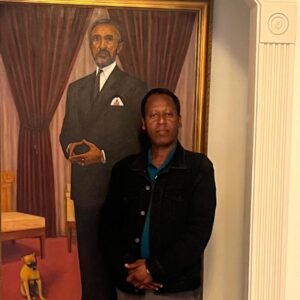
Age: 45
Hometown: Chevy Chase, MD
Background: Demeke started his career by working at the Ethiopian Community Center, where he eventually progressed to a leadership role. He has consistently sought opportunities to enhance his understanding of client dynamics and improve the client experience. He says that the CLC’s focus on collaborative learning, and staying ahead of industry trends aligns with both his professional goals and personal values. After graduating from the CLC, he plans to continue advocacy work and connect with stakeholders to address the issue of hunger in the community.
“The CLC equipped me with the tools to articulate the needs of my community, particularly in areas such as food security, housing, and access to essential benefits. By learning how to frame these issues compellingly, I have been able to advocate more effectively for comprehensive solutions that address the root causes of poverty and hunger.”
-Demeke Shiferaw
Corena Watkins
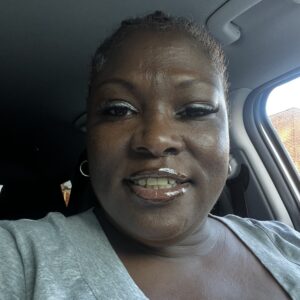
Age: 49
Hometown: Washington, DC
Background: Corena is a single mother of seven adult children and is raising her youngest granddaughter. She has struggled to get a job at times and relies on programs such as SNAP and WIC to make ends meet. Even with assistance, she finds that it is often just enough to survive. Through the Client Leadership Council, she has gained tools to advocate for herself and others in a positive and constructive way. After graduation, she hopes to fight for more change and make a difference.
“I’ve learned that all races and religions are the same when it comes down to food inadequacies.”
-Corena Watkins
Tahjae Pitts
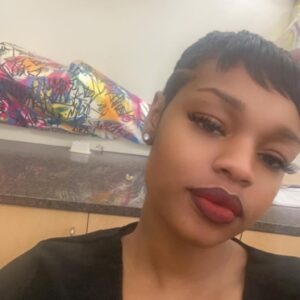
Age: 27
Hometown: Washington, DC
Background: Tahjae faced numerous challenges growing up in Congress Park and becoming a young mother at 15. She looks to her strong single mother who worked multiple jobs to make ends meet as inspiration to break the norm and become a positive influence in her Southeast DC community. Throughout the program, she has learned that it is OK to start over in life. After graduation, she hopes to start her own non-profit organization for youth.
“Joining the CLC is my way of contributing to positive change and starting as a catalyst for progress.”
-Tahjae Pitts
Joshua Burris
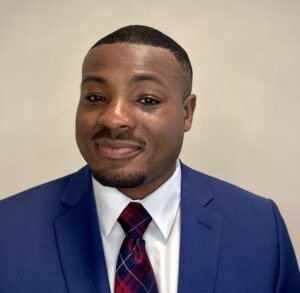
Age: 31
Hometown: Washington, DC
Background: Joshua is a native of Prince George’s County. He is a Navy veteran and identifies as part of the LGBTQ+ community. After the pandemic, he lost his job and decided to go back to school at Howard University. This exposed him to how widespread food insecurity is and how much it hinders students. He says the CLC has provided him with tools to advocate on behalf of others in similar situations to him. His key takeaway for the future is to take every opportunity to speak up because you never know who is listening and will hear what you have to say.
“I now know that the only way we can make the normative changes we want to see for underserved communities is by showing humility and being honest with each other in what we experience.”
-Joshua Burris
Mariam Zainab
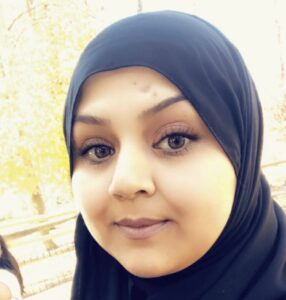
Age: 38
Hometown: Annandale, VA
Background: Mariam was born and raised in Pakistan. In 2007, she immigrated to the U.S. with her father. Overcoming challenges such as language barriers, housing difficulties, and food insecurity, she learned how to be self-reliant and grew empathy for others facing similar difficulties. The CLC has exposed her to the multifaceted nature of food insecurity and how various organizations work together to support vulnerable populations. She commits to utilizing her lived experience to advocate for causes that promote equity and better society.
“One of the most valuable lessons has been the importance of storytelling—how to share my own experiences effectively to inspire change and advocate for those in need.”
-Mariam Zainab

